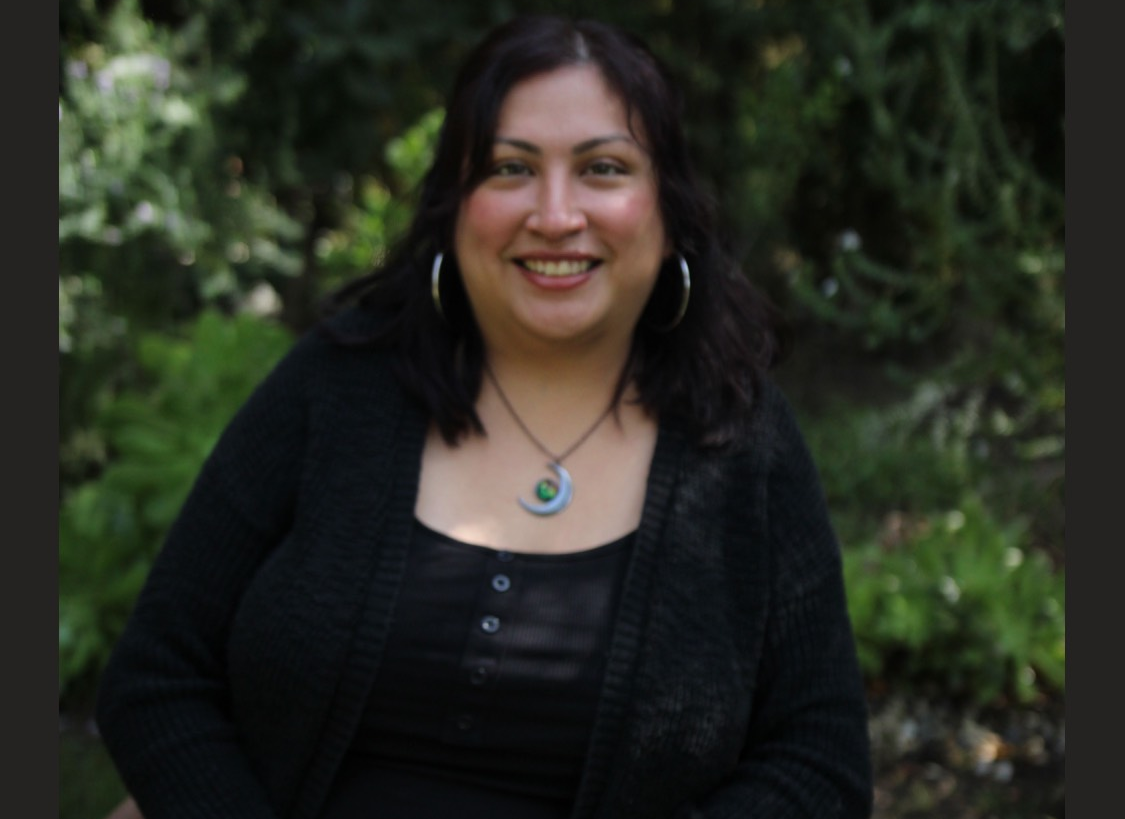Recreational Therapy: Fun & Effective Mental Health Treatment
As teens work through their mental health struggles, there are several therapeutic modalities that can help them heal. Talk therapy, or traditional therapy, allows them to discuss their feelings and confront concerns with a therapist. We also offer family therapy as a way to heal their entire support system and address problems in the home. We even use experiential therapy to round out our daily activities and ensure clients have a safe space to explore their passions, learn life skills, and rediscover their joy in life.
Another approach we like to integrate into our treatment plans is recreational therapy, which uses recreational activities to help people achieve their treatment goals. As part of a comprehensive mental health treatment plan, this type of therapy can be a powerful tool for helping teens recover from mental health concerns like anxiety and depression.
The Role of Recreational Therapy in Mental Health Treatment
Recreational therapy, also called therapeutic recreation, is a type of therapy that uses recreational activities to help people with physical, mental, or emotional challenges. Recreational therapy activities for mental health can include sports, games, arts and crafts, and other fun activities. The goal here is to help clients improve or maintain cognitive, social, emotional, physical, and spiritual functioning.
Many teens find that therapeutic recreation reduces stress, improves their mood, and increases self-esteem. This form of therapy can be especially helpful for teens who struggle to express their emotions in words. Instead, recreational therapy activities can provide a way for them to express themselves and work through their feelings physically.
Recreational Therapy vs. Experiential Therapy
Recreational therapy activities are often confused with experiential therapy. However, there are some key differences between the two. Recreational therapy is provided by a Certified Therapeutic Recreation Specialist (CTRS), while experiential therapy is run by group facilitators and other mental health professionals.
Another difference between the two therapies is the focus of the activities. In recreational activities, we are trying to help people achieve specifically outlined treatment goals, while experiential therapy is a looser framework for helping clients process their emotions and experiences in the moment.
Examples of Recreational Therapy Activities?
Many different diversions can be used as recreational therapy activities for mental health, including:
- Sports
- Arts & Crafts
- Games
While the activities we use at Ascend vary depending on the needs of the teen, each time we run a recreational activity, we’re trying to address a targeted concern. From reducing depression and anxiety to teaching clients how to socialize effectively, every session has a purpose.
Contact Ascend to Learn More
If your teen is struggling with their mental health, and you think it’s time for more comprehensive care, recreational therapy could be part of an effective treatment plan. When you contact us for residential treatment, you can expect a personalized outline that addresses your family’s specific needs.
Learn more about our facilities today when you contact our admissions team at 310.388.3713 or fill out our contact form.



